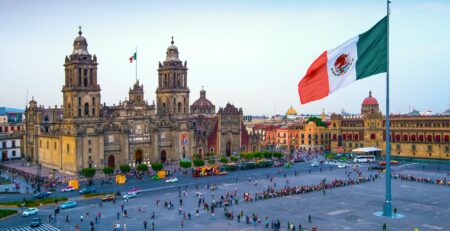How COVID-19, politics have impacted Latin America’s private pension fund industry
Assets under management held by Latin America’s private pension fund managers have trended higher, reaching US$659bn last year.
Growth, albeit slower than in previous years, was eked out in 2020 amid the COVID-19 economic fallout. Nevertheless, the number of contributors fell.
Read also Finland tops global pension rankings
These managers – known in private pension fund trailblazer Chile as AFPs – are key drivers of economic development, typically investing in company stock, government debt and infrastructure bonds.
Read also The Origins of ESG in Pensions: Strategies and Outcomes
The project finance function has been weakened amid legislation allowing savers to make early pension drawdowns. In Chile, AFPs and insurers are the main buyers of bonds but, to increase liquidity, they have had to sell financial assets instead of purchasing them.
Read also Sustainability, not size, is vital for growth
Indeed, while the pension fund drawdown moves have helped families reduce debt, weather the crisis and build cash cushions, they have, indirectly, negatively impacted access to financing by the likes of the infrastructure sector, a key employer and investment generator, and sparked fears over a reduction in the size of future pensions and the fiscal implications.
Against this backdrop and calls for better pensions, there are also proposals in Chile to scrap the system. Others in the country propose keeping the system but amending it. Key factors behind small pensions are contribution gaps and levels and the associated issue of labor informality.
To find out more about the state of play on the regional private pension front, BNamericas spoke to Manuel Tabilo, research manager at industry organization the International Federation of Pension Funds Administrators (FIAP).
Read more @BN Americas
648 views










